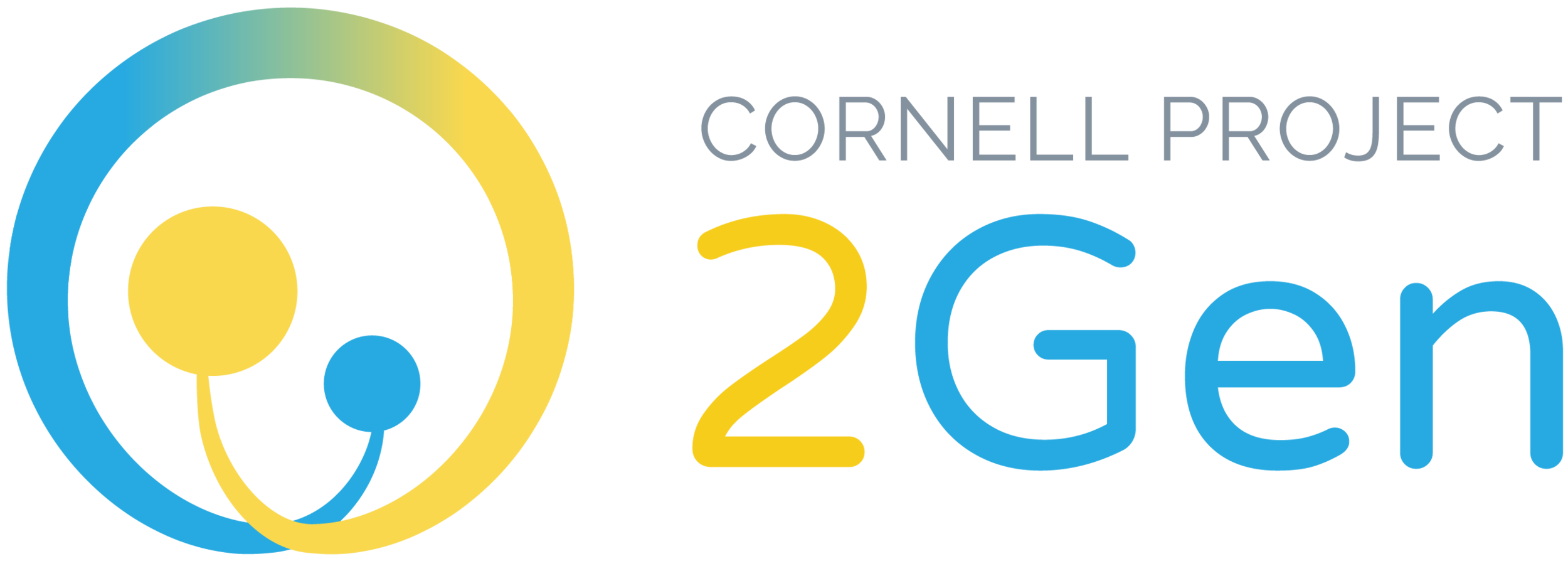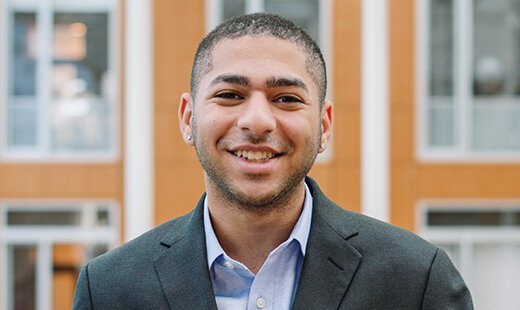Best Practices for Trauma-Sensitive Education
Youssef Aziz, Fall 2019 2Gen Scholar
I have learned so much from working with Project 2Gen this semester. A lot of research at Cornell is quantitative; however, I have always gravitated toward qualitative research because it emphasizes the humane, complex aspects of research and has brought out life in all the sociological courses I have taken at Cornell. Exploring how adverse childhood experiences (ACEs) affect education was my goal because I am very interested in education policy and its effects on low-income, disadvantaged students.
At the beginning of our project, we found many resources on how schools should deal with ACEs and become “trauma-sensitive.” While there were many sources that addressed the issue, only few actually had tangible steps to implement within a school. This made our research process more difficult, because we had to filter out what was not feasible for Port Jervis School District (an undeserved district in Orange County, New York with a high percentage of ACEs). However, after spending more time talking to Mr. Pantaleone, the Assistant Superintendent for Instruction at Port Jervis School District, we started gathering what was really helpful for our project.
Going to the site visit, Mr. Panteleone and I agreed on many findings that needed to be implemented within Port Jervis. We both agreed that on-site therapy is crucial to enhancing communication between teachers (knowing the mental health status of students) and students (having teachers that are accommodating of their mental health). Also, we agreed that physical exercise is crucial since it enhances cognition skills; this should also apply to kids with ACEs. Finally, we agreed to educate teachers on ACEs and the proper way to handle kids - punishments will only make kids act out even more - and de-escalation is what is most important.
Our project addressed the ways that Port Jervis can be more trauma-sensitive. We also researched many ways that zero-hour physical education might be helpful to Port Jervis. While it is still a very experimental intervention, we have high hopes that it will bring about positive change and enable schools to be more trauma-sensitive.
Throughout this project, we have had many twists and turns and it feels great reaching our final destination. Having completed our project, it is nice to reflect on the things I have learned working with Project 2Gen. First, I learned how to work with my partner, Adelina. Finding times and ways that we can match our schedules up was probably the most difficult part of the project, in my opinion. Second, I learned how to write a case study to showcase all the findings we have had throughout the semester. Coming from a humanities, non-research background, it was nice to have Project 2Gen transition me into the research field smoothly. I did not really have trouble writing our findings for our deliverable. Finally, I learned that qualitative research can be just as meaningful as quantitative. It seems that at Cornell, quantitative research is valued and cherished, while qualitative research is pushed to the side. However, after engaging with qualitative research this semester, it will be wonderful to see the tangible effects of our own findings on Port Jervis School District and how it pans out from here. I would love to work with Project 2Gen again next semester!

